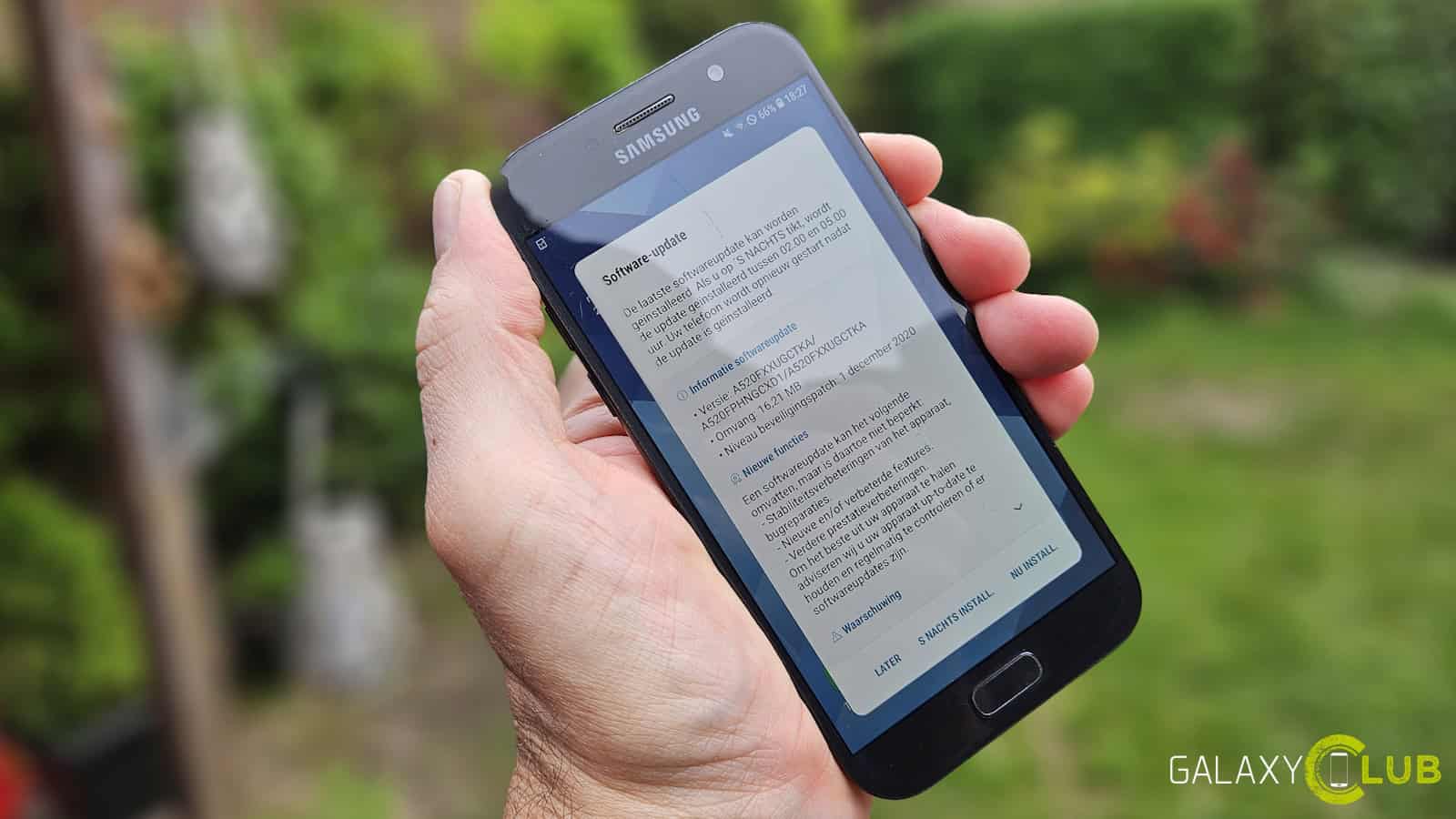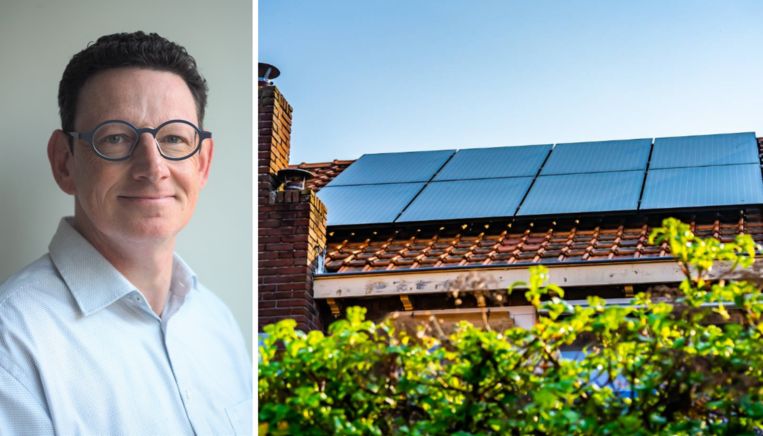What exactly will change from 2024 to the installment system and the VAT rate?
“On 1 April 2022, the Federal Government introduced a reduced VAT rate of 6 percent instead of 21 percent on solar boilers, heat pumps and solar panels on homes less than ten years old. From 1 January 2024, this reduced rate will disappear again. For an average installation of around €4,000, this represents a difference of around €600.The lower VAT rate remains in effect for homes over ten years old.
“On January 1, the bonus offered by the Flemish government will also disappear. This currently amounts to €150 per kilowatt peak for installations with a maximum of 4 kilowatts, then another €75 per kilowatt from 4 to 6 kilowatts, or up to Maximum € 750. This was already half of what it was before.
What impact does this have on the profitability of solar panels?
“This effect is negligible. Solar panels are quite profitable without government subsidies such as premiums and reduced VAT. They of course make installing solar panels more interesting, but they should not be a criterion when deciding whether to install solar panels or not.”
“A photovoltaic installation lasts about 25 years, and during that time it gives you control over at least a significant portion of your electricity bill. Whether your solar panels pay for themselves in seven, six, or five years, light with a long lifespan is not that Importance.
The advice remains: Fill your roof?
“Yes. If your roof is adequate – which is the case more often than people think – and you have the budget for it, solar panels will still be a very interesting investment. Under the reverse meter system, the advice was to match the size of your installation to your consumption For larger installations, they also paid a higher price to the consumer and did not receive any money for the excess electricity.
“With a digital meter, you receive payment for the electricity you put on the grid. Although the compensation is low and it is better to use as much of the electricity you generate yourself as possible, it contributes to profitability.
“In the future, many families will also consume more electricity, for example when they switch to a heat pump or an electric car, or want to use air conditioners in the summer. With a larger installation, you are already prepared for the future. It is cheaper to anticipate this now than to return Later installer to add panels and possibly replace your inverter (which converts direct current provided by solar panels into alternating current, DD).”
What do you need to do to stay within the old scheme and is it still possible?
“Solar panels with an inspection date of December 31st are still eligible for the premium. But for those who want to take advantage of this quickly and are not yet planning to install, that seems difficult to me. There is currently no rush for solar panels as there has been for a while Due to rising energy prices.But I have heard from installers that the demand for quotes is increasing and that many of them are fully booked until the end of the year.
“The good news is that next year, when demand is down again, you might be able to get a more interesting quote. As a sector, we’re really glad we got rid of those support mechanisms, because they continue to cause problems.” The yo-yo effect on the market.

“Total coffee specialist. Hardcore reader. Incurable music scholar. Web guru. Freelance troublemaker. Problem solver. Travel trailblazer.”







More Stories
6 Stunning Earrings That Will Earn You Lots of Compliments (Now at a Big Discount)
The 25-year-old quickly became a cryptocurrency millionaire, but it could have ended differently
Nvidia Stocks Rise: Will Crypto AI Follow?